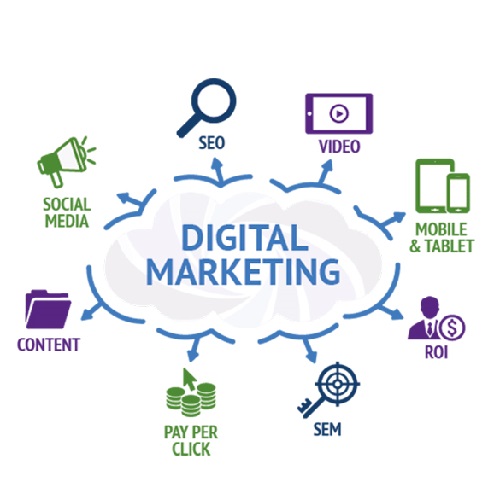The COVID-19 pandemic has not only disrupted the normal ways of life and working conditions, but has managed to alter several dynamics. India now ranks fourth in the top countries affected by the Coronavirus outbreak and the situation now is clearly out of control. Economy has hit a new low and there was no option but to allow some relaxations except containment zones.
Owing to the pandemic, marketing dynamics have also witnessed drastic changes with print publication (newspapers, magazines) being stalled and outdoor marketing becoming temporarily redundant. Thus traditional ways of marketing now are temporarily put aside and digital marketing is experiencing sky high potential and responses.
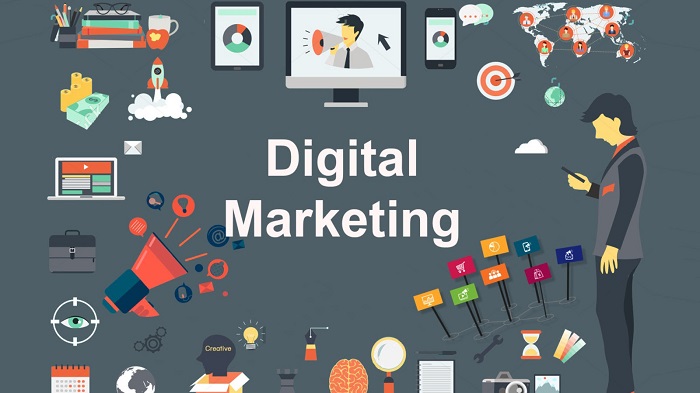
Consumption of online content, usage of social media and chatting apps, OTT platforms, online gaming have surged big-time. Hence a lot of companies, brands are utilising the merits of advertising their products online, to their loyal and new consumer base. Brands who also target young audiences, are also putting their best foot forward to leverage the strength of the ever booming digital media.
“Most Brands are re-looking at their marketing strategies. And they’re sharpening their online and digital marketing skills at a very broad level. Most of the consumer facing packaged goods companies have pulled the marketing investments down given the uncertainty and probably the longest lockdowns that Indian sub-continent has seen. Also, we have seen e-commerce as the only channel that has been operational given the least contact servicing approach. The channel is expected to grow and eat into the market share of other channels. Given the scenario the companies have diverted most of their marketing budgets towards Digital Marketing.
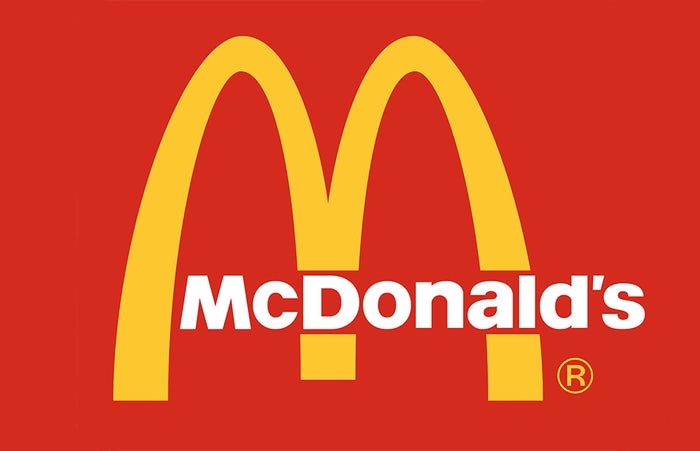
Further, there are companies that have gained a lot specifically in the areas of – Online Education, Digital Gaming, Kids Content companies, OTT platforms, Indoor Games. Such companies have increased their marketing spends on digital media targeting kids. In fact, after PM Modi’s speech on ‘Vocal for Local’, brands like McDonalds, which is equally popular with kids, ran out campaigns about potatoes grown in Maharashtra and onions grown in Karnataka. Even toy companies like Mattel have opted for it for its indoor games and others,” commented Dream Rovers co-founder (former Disney, BIC Cello, Mattel, Pidilite exec) Permendra Singh.
Lately, during the lockdown like several other brands, Boost also upped their digital marketing game and launched the #PlayAtHome campaign, encouraging kids to play inside their home and try out measures to increase immunity. The campaign also featured Boost’s brand ambassador and India Cricket team skipper Virat Kohli, who’s a well known face to kids and is also quite popular among them to amplify this message through his social media accounts.

Boost, a popular health drink for kids and teens, published two videos which were posted on its YouTube channel. Its earlier catchy tagline – “Boost is the secret of our energy” literally became the ‘phrase’ for kids even now.
Adding on similar lines, a loved ice-cream brand, Baskin Robbins marketing head Samyukta Ganesh Iyer said, “As marketeers, the onus is on us to understand every aspect of the business; to focus on every touchpoint possible. We have to be very sensitive and emphatic about the situation around us, and be very agile in terms of new ideas, models, and marketing strategies including digital.”
She also laid out a few interesting instances for us:
“Kids brands created a three pronged approach during COVID –
- Engaging communication about safety and hygiene aimed at kids directly through a song and dance routine mostly through popular digital mediums – Godrej Protekt for instance which are sure to attract attention. Another key example would be ITC’s tie up with famous animated IP, Chhota Bheem to showcase the usage of the hand wash through animation and music.
- A lot of digital spends to target parents online when they are browsing their feed on Instagram and Facebook.
- Brands have also harnessed the power of marketplaces like Amazon to ensure availability. They were also made available via a lot of online shopping portals especially for kids like FirstCry and more. Key essentials like diapers found themselves even on aggregator channels like Swiggy Stores and Zomato Markets.
My personal favourite communication for kids is the Pampers Ad #Welcometotheworld – it’s so apt and addresses the new generation of COVID babies born into a world that’s so different than what anyone had imagined. The kids segment like a resilient kid, who found a way to keep at it even during such tough times.”
Another crucial brand, Parle Products, was the one of the few to not only resume work during lockdown as biscuit came under essential items and its manufacturers were exempted from the restriction, but also gave away Rs 3000-crore worth biscuit packets which was taken up really well by the government
In fact, its popular Indian biscuit brand, Parle-G, has recorded its best sales in eight decades during the lockdown period. As per media reports, Parle Products category head Mayank Shah said, “We’ve grown our overall market share by nearly five per cent, out of which, 80-90 per cent of this growth has come from Parle-G sales. This is unprecedented.”
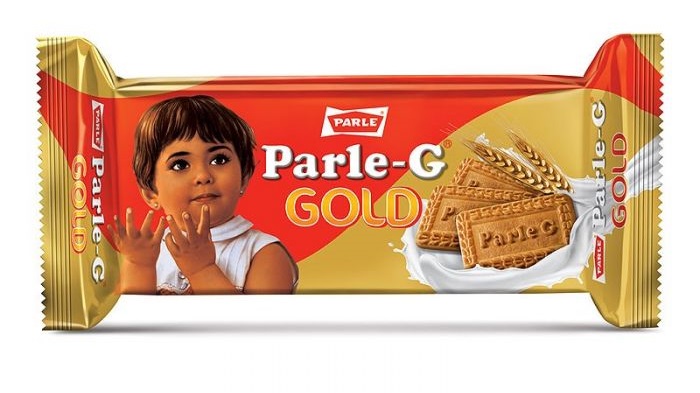
It’s been over 80 years since Parle-G was first introduced in India and it has over 130 factories across the country out of which 120 are continuously producing units.
It also executed an A-game when it came to digitally market its products including kids. Mentioned Parle Products senior category marketing head Krishnarao Buddha to AnimationXpress, “We have managed to churn content having a great appeal to kids and populated the same across various platforms like Google Display Network, social media platforms including Facebook, besides using WhatsApp as well. We have promoted on OTT platforms too. We created kids centric content on Rol.a.Cola the Cola flavored candy in a roll. We also used a Social Distancing based creative for Kismi appealing to teenagers. We got a phenomenal response for both the brands.
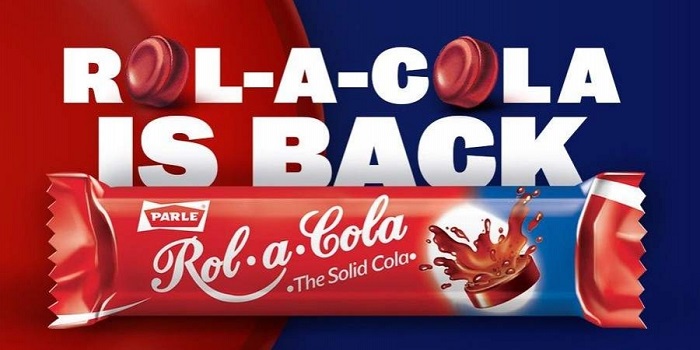
During lockdown time there has been a spurt in news, movies and music besides kids entertainment. We used our COVID-19 film with a message of ‘LET’S CATCH UP WITH LIFE, Stay Home Stay Safe film.’
There have been limited brands advertising during the past 60 days. My estimate is the spends on the kids genre has been less than 50 per cent of the average spend. I expect the spending to increase in the kids genre to go back to pre-COVID times post the lockdown.”
Another biscuit manufacturer, UNIBIC Cookies, which has always catered to kids tastes, has observed a shift in demand towards the health and wellness category during lockdown. Targeting kids as well as their parents who generally decide what their kids consume, UNIBIC has close to 30 products that targets younger audience.
Noted UNIBIC Foods marketing head Shailendra Tatia, “We at UNIBIC love the challenge of making kids happy by experimenting with different combinations of chocolates and biscuits. Children are loyal to their favourite brands and it’s a tough task for brands and their marketing teams to influence them. Due to the lockdown, children were forced to stay home, and therefore parents had to buy more varieties of their favourite foods to keep them engaged. We found that once the kids got to try products and liked them, they chose UNIBIC over other products. We worked on a two-fold strategy during the lockdown. Our research dictated that we focus more on our Health & Wellness and Indulgence product categories. In Health & Wellness our UNIBIC Oatmeal Digestive Cookie has experienced a sharp increase in sales during this time. In the Indulgence category we observed a doubling in demand for our UNIBIC Choco Kiss Cookie – center filled chocolate.
As TV viewership went up in March and April, we aired our TV and digital campaigns to maintain awareness and top-of-mind recall amongst Unibic target group. In addition to Choco Kiss, we also saw increased demand for our UNIBIC Wafers products which come in five flavours. We also developed a Wafer Ninja game to engage with our younger audience. We always try to reach our consumers remain through active digital campaigns.”
He also informed that the size of UNIBIC’s premium category was between 1600-1700 crores in India with a yearly growth rate of 10 per cent. Post COVID-19, the segment is expected to experience multi-fold growth due to the sudden heightening of health focused consumer behaviour. For instance, sales of UNIBIC Oatmeal Digestive Cookie (which contains wheat bran and oats) witnessed double digit growth. Similar trends are expected in the future because consumers have become more health conscious.
He further informed, “UNIBIC Choco Kiss was the product that kids preferred in Metros and Tier 1 towns. We recently launched a Rs 10 pack that was very effective in terms of point-of-sale visibility and in driving product trials. We did a quick dipstick and found that affinity towards Choco Kiss had increased in comparison with the leading brand in the category. Our Fruit & Nut, Choco Chip, Choco Kiss, Butter and Cashew Badam, Oatmeal Digestive, Honey Oatmeal Cookies and wafers are in demand and trending very positively during lockdown.”
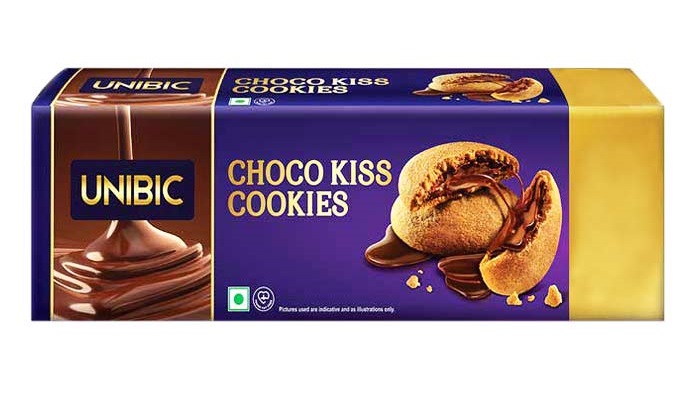
These are challenging and uncertain times, but Brands targeting kids have channelised their way out, to reach their customers and retain their loyalty through strategised digital marketing, innovative and sensitive campaigns. They have picked up the right touch points and factors to understand and tap on the common pulse to create a deeper impression and product valuability.
